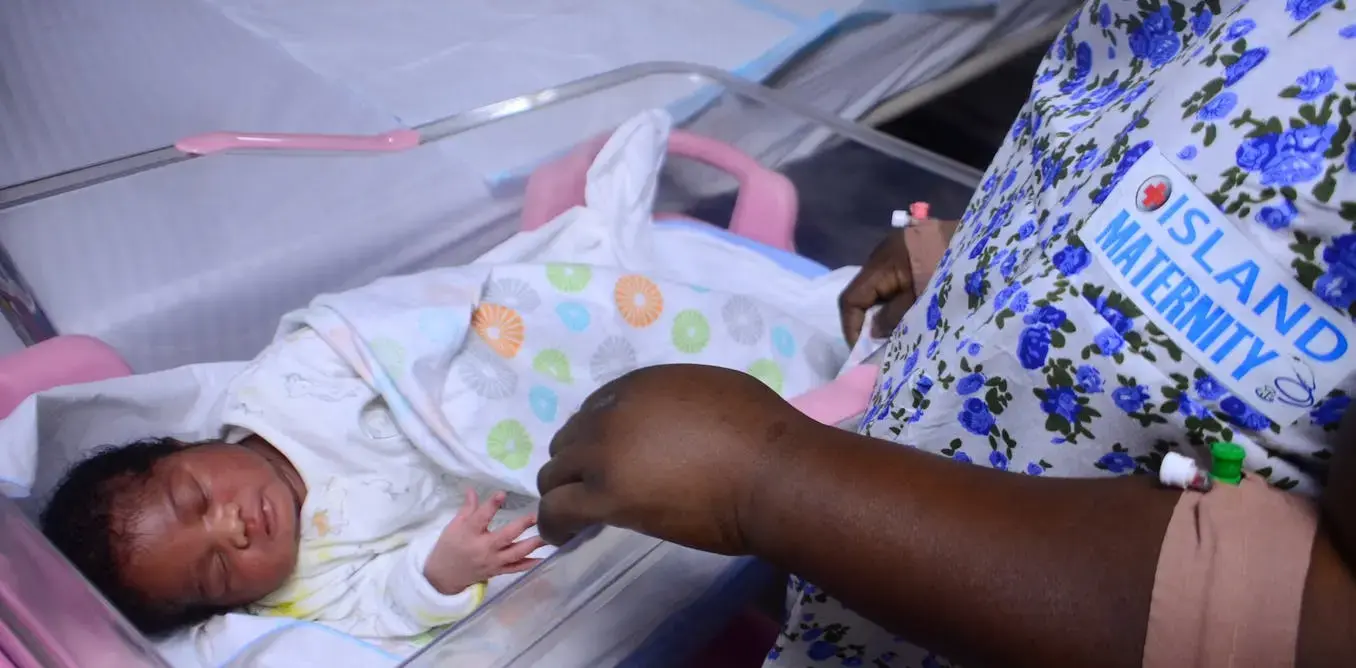- cross-posted to:
- africa@baraza.africa
- science@mander.xyz
In our latest study we found that samples taken from mothers and newborn babies younger than one week in Nigeria already had colistin-resistant bacteria present in their bodies. But neither the babies nor their mothers had been treated with colistin.
Colistin is one of the last remaining antibiotics that is still effective in killing bacteria and fighting infections such as pneumonia. It is deemed critically important for human medicine by the World Health Organization.
We surmise that mothers may have picked up these colistin resistant bacteria from the environment. We cannot speculate on the specific mechanism. The babies, meanwhile, could have picked up the bacteria from the hospital, the community, or from their mothers. It’s not yet known if these colistin-resistant bacteria stay in the mothers or babies – but if they do this may increase their chances of acquiring future drug-resistant infections.



When people complain about people fleeing their countries in the global south, they often forget or omit that the global north plays a large part in the state of the countries being fled from. A majority seems to believe that they can continue living their lives, built upon the extraction of wealth from others, with no repercussions and constantly amazed when they are proven wrong.
People do not vote for improvements in other countries. In a globally connected world, people stay myopic in time and space, only caring enough to take action related to things that happen to them, those close to them, or those that are like them.
Anti Commercial-AI license